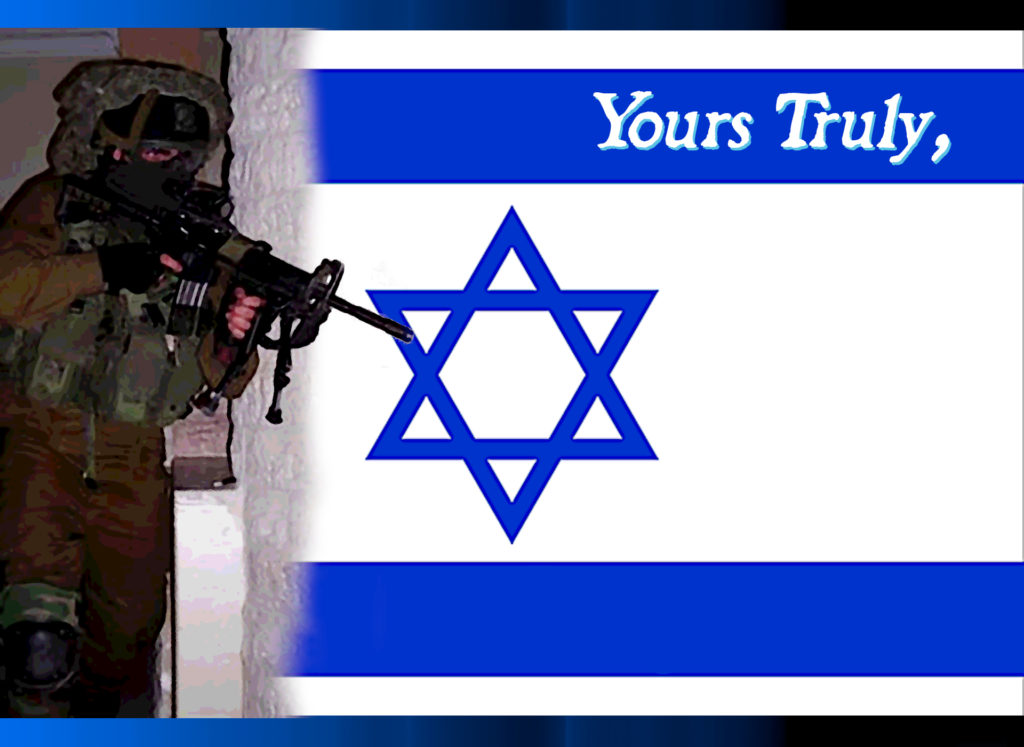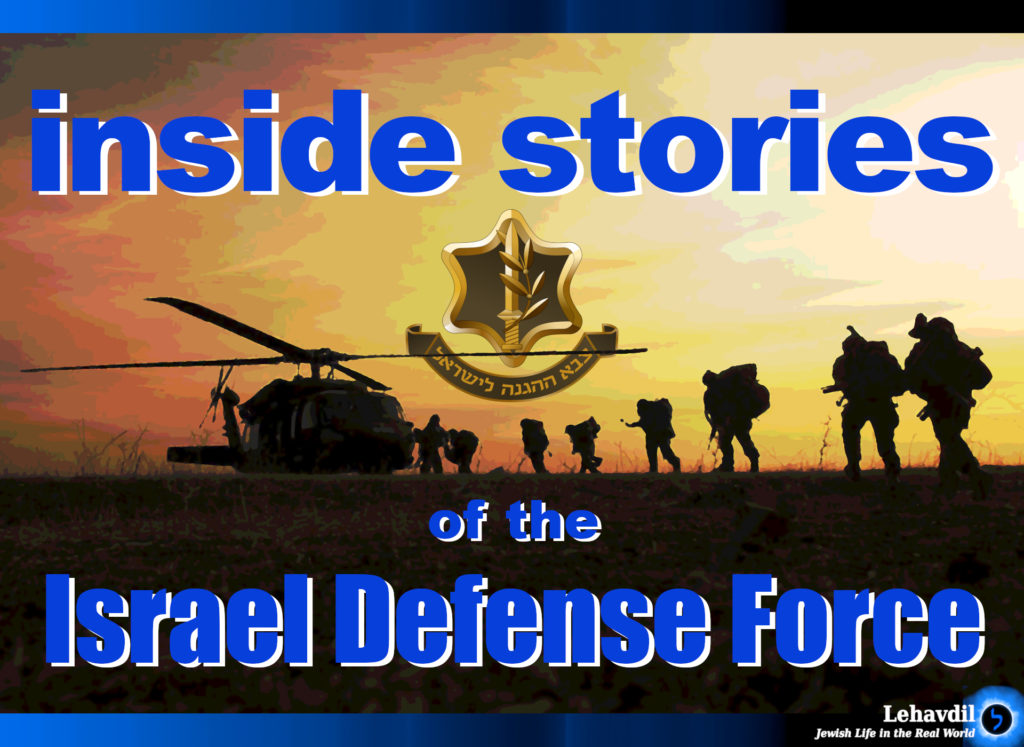

Introduction ~ THE GAZA WAR OF 2009 THROUGH MY EYES
From January 2nd, 2009
I sat tensely on an uncomfortable cot on a IDF military base just outside of the Gaza Strip at the very beginning of 2009. I was a Jewish-American immigrant to Israel and had joined the Israel Defense Force, serving in the elite IDF Paratroopers as a Lead Designated Marksman and Lead Anti-Personnel/Anti-Tank Gunner.
For over six months I — along with hundreds of other IDF soldiers — had remained at the edge of the Gaza Strip while Hamas and allied terrorist organizations routinely violated the fragile cease-fire. Meanwhile, we did little to nothing. But now that all changed. Beginning on my birthday, ironically enough, the State of Israel had finally had enough of Hamas and their terrorism. And after watching the heartbreaking scene of pillars of smoke rising from Ashkelon, Sderot, and neighboring areas, I was in full agreement. Enough was enough.
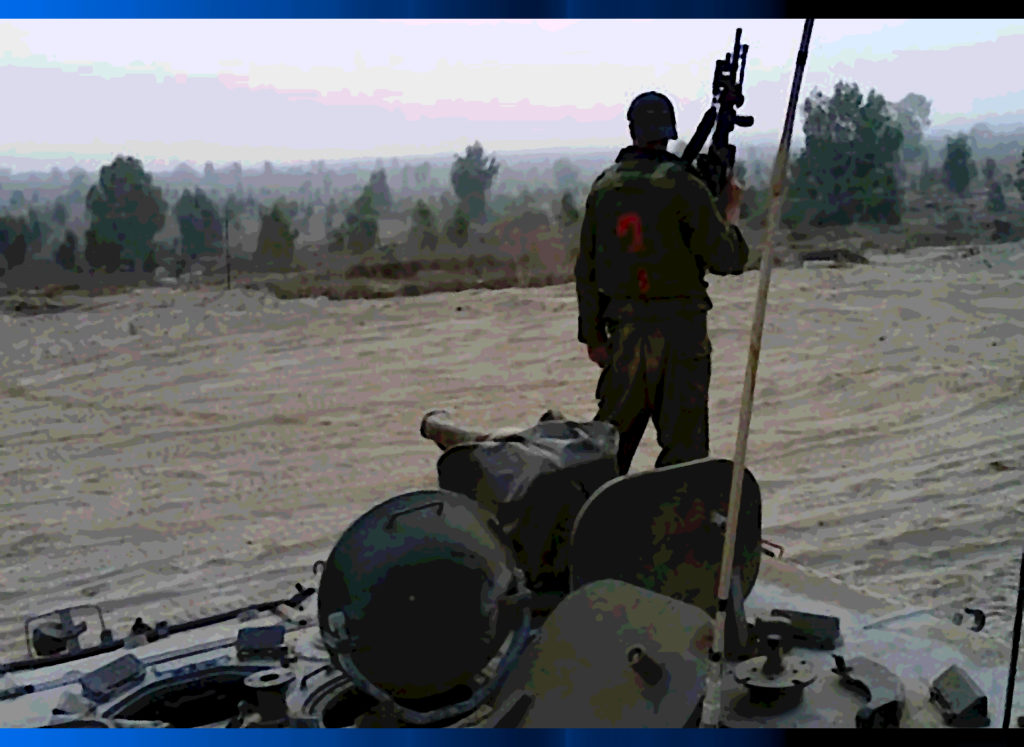
Today we received our orders. That’s about all I can say. Initially there was a wave of excitement but then it became a sobering time. I couldn’t describe what it was like to look into the faces of my closest friends — some Ashkenazi Jews, some Sephardi Jews, some Mizrachi Jews, some Ethiopian Jews, some secular Russians, some Druze Arabs — and wonder which of them would die. I was twenty-four, but most of them were only nineteen or twenty. In my estimation they were just kids, as though somehow I was so much older than them. Many of them looked to me for support, being older and more experienced with death. But there wasn’t a lot I could say. My usual response was to laugh it off with a dark, twisted joke and show no fear myself. Honestly, I didn’t really feel scared — I was probably just too stupid to be scared.
I lived on a religious kibbutz in the south. For the first time Grad missiles issued by the Soviet military were landing a few kilometers (miles) away from them. One of my close friends called me from a bomb shelter; she was shaking. When I immigrated to Israel I was fighting for a Jewish ideal; when I joined the Paratroopers I was fighting for the State of Israel. But now?… I was fighting for my home, for my friends, for myself.
On the eighth and final night of Hanukkah I had been sent to a nearby base for preparation. While organizing and checking equipment I looked up to the sound of music. I laughed with surprise as the world-famous Chabad Hanukkah mobile arrived, complete with a giant, glowing menorah. There, amidst incoming bombs and alarms, with soldiers scurrying to and fro with machine guns and missile launchers, the Chabad Chassidic Jews started passing out Tehillim (Psalm books), siddurim (prayer books), and Hanukkah goodies. And after days of eating little more than tuna and Loof, which was basically processed cheap corned beef in a can, the value of Hanukkah doughnuts and chocolate gelt skyrocketed. At other times, other non-profit organizations, including Friends of the Israel Defense Force likewise arrived to show their support and provide much appreciated donations.
As the Chassidic klezmer-style music played, the soldiers formed into a circle with the Chabad Chassids. The soldiers started dancing with more energy than I had ever seen at any wedding or Bar Mitzvah. Maybe it was because we knew that for some of us it would undeniably be our last dance.
I looked on, watching the whole scene with a smile. It was nice to know we were not alone. In that place I realized more than ever before what a unique place Israel was, and that the Jewish people working together was an amazing thing. More than ever, the power of unity felt tangible.
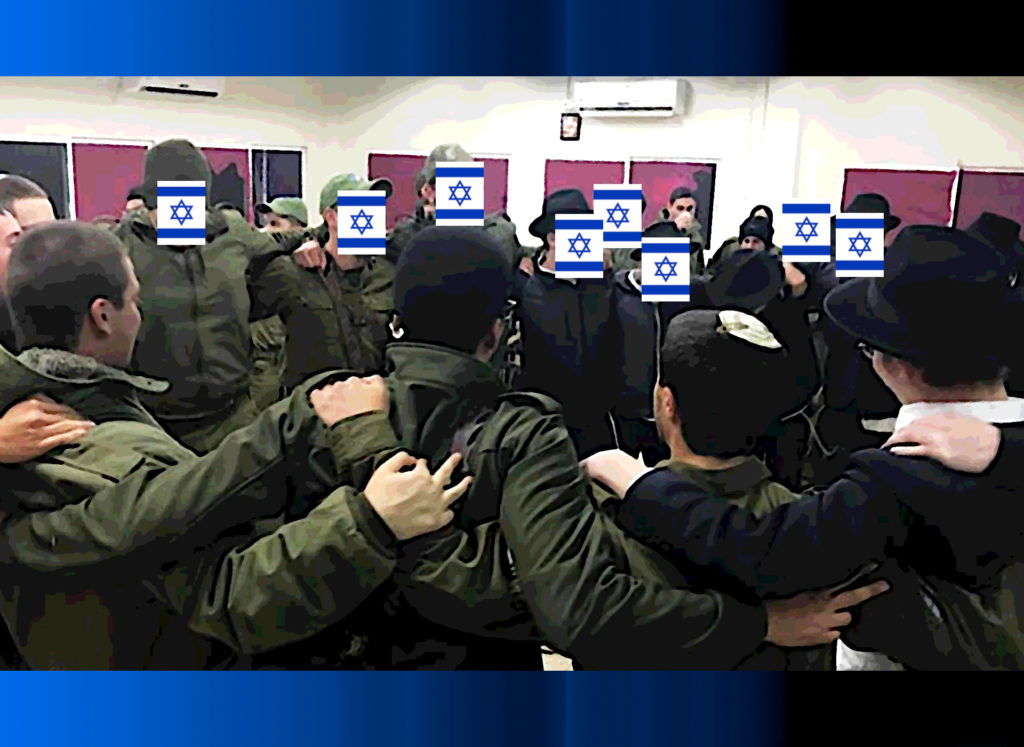
As I stood at the border of the Gaza Strip, I couldn’t help but be incessantly astonished that persons around the world who had no idea what was actually happening would feel qualified to give their authoritative (and usually unsolicited) opinions on the conflict. More than that, I couldn’t comprehend how anyone who claimed that they supported Palestinian Arab civilians would ever support or even excuse Hamas.
The simple fact of the matter is that Hamas was (and still is) a terrorist organization who oppress and kill their fellow Palestinian Arabs without the slighest hesitation or remorse. Several months prior in 2008, I had been part of a reconnaissance mission on the Israeli side of the border fence. Through my long-range monocular I spotted a man wearing black clothing and a ski mask — clearly a Hamas operative or allied terrorist. I watched him load AK-47s and explosives into the trunk of a small car. However, after intense international pressure Israel had signed a six-month cease-fire agreement with Hamas. Taking action against him would have been considered an attack on Gaza and the Palestinian Arabs therein. Later, I observed as he drove into a nearby village. Not long after, I heard the reports. This Hamas operative had killed dozens of his fellow Palestinian people, particularly those associated with Fatah (PLO). And so, in compliance with international support of suffering Palestinian Arabs, we were not permitted to intervene.
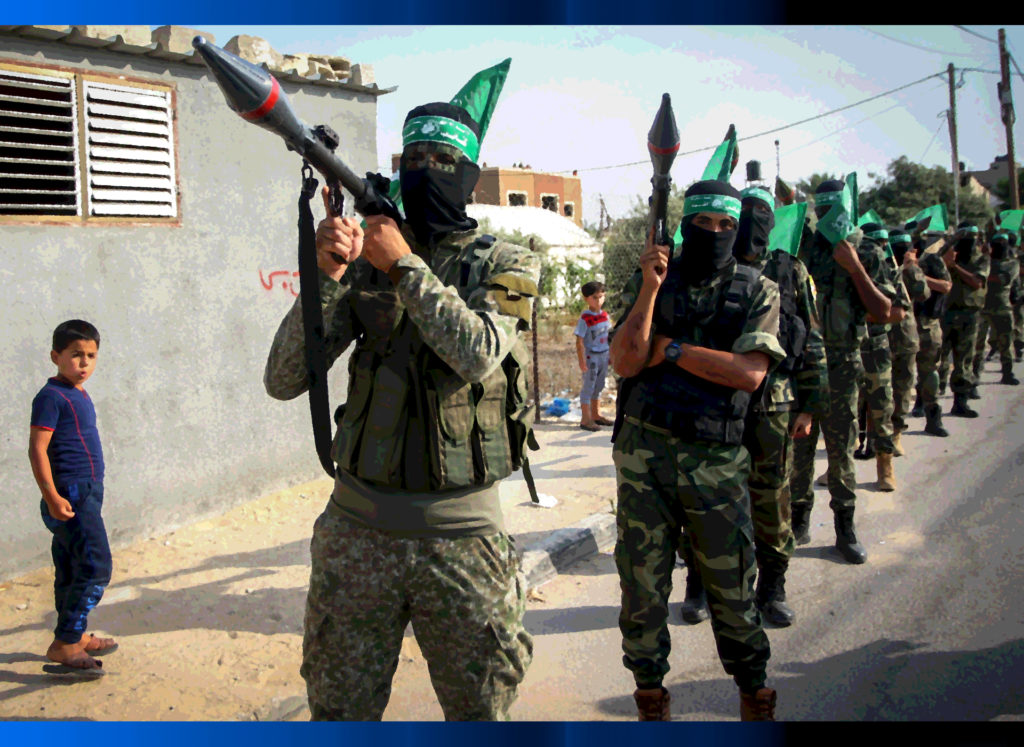
In the months and years leading up to the conflict, Hamas had intentionally killed hundreds, even thousands, of their fellow Palestinian Arabs for no other crime than differing political opinions. At one point in 2007, Hamas captured a leading Fatah (PLO) officer; they threw him off of a fifteen-story building to his death. Fatah terrorists then burst into a mosque, drug a Hamas militant to the roof of a twelve-story building, and then tossed him off in retaliation. Unsurprisingly, the violence of Hamas and other Palestinian Arab militant groups even against each other and their own civilians continually goes unreported by most media outlets. But when Israel takes steps to protect itself, you can be sure to find a misleading headline and a spun story on the front page.
Since last Shabbat (Sabbath) we had been on maximum alert, waiting for the order to begin the ground assault on Hamas in the Gaza Strip. And every day for the past week our nerves had been on edge as we were told, “Tomorrow! For sure tomorrow!”
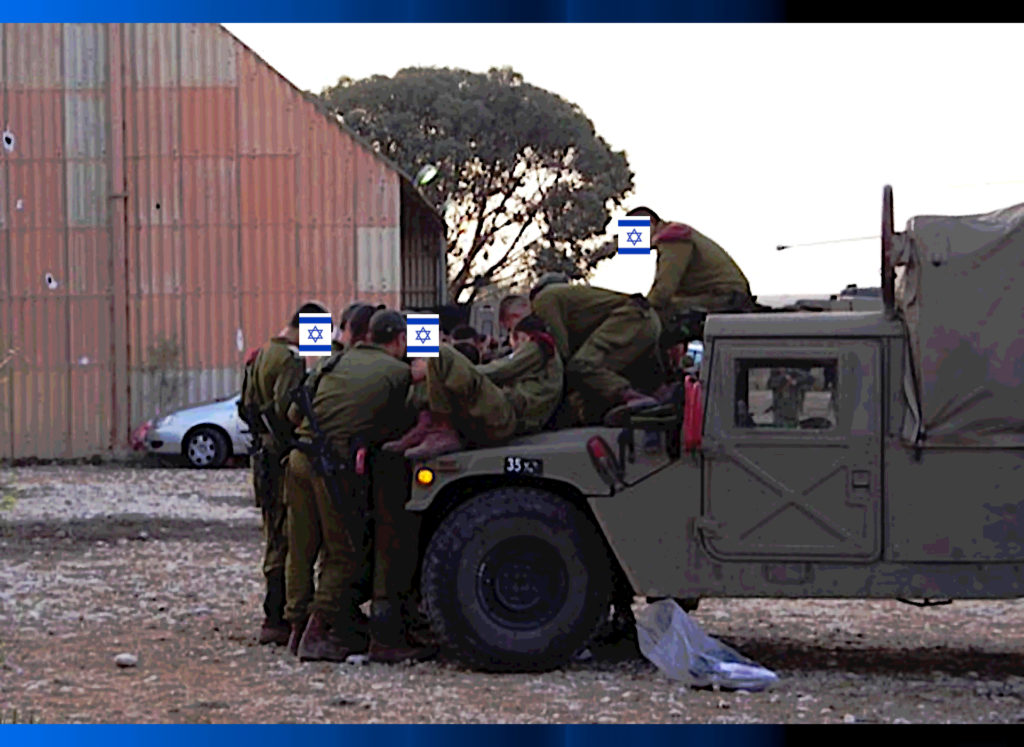
But now there was no more “tomorrow.”
Landmines, attack tunnels, and booby traps were prolific throughout Gaza. And apparently Hamas had legalized crucifixion the week before we began the assault, or so the media reported. Due to ongoing civil war between Hamas, Fatah, and other terrorist organizations, the Gaza Strip was replete with death; hundreds of vultures circled overhead incessantly in a wide, ominous, dark pattern.
I realized that there was a strong possibility — and maybe even an unfortunate likelihood — that this would have been the end of my writings and records. I thought about the twenty-four years of my life. My life had been far from perfect, but I had no regrets. I lived life to the fullest, to a fault even. With me there were no frantic pleas to the Almighty for forgiveness, nor was there a desperate begging for survival; rather, it was more of a calm acceptance of fate. When I was thirteen as I prepared for my Bar Mitzvah I had determined to do whatever I could to defend the Jewish people and, if possible, to do so with an elite unit like the IDF Paratroopers.
Eleven years later here I was. We all have dreams. Only a small few of us are privileged enough to realize them.
So if I survived this I would have lived my dream. If I didn’t, then I would die next to my best friends doing what I had always wanted to do. I felt that I was privileged to take part in a legacy that began with Abraham rescuing his nephew, Lot, and continued onward to Joshua defeating Amalek and David slaying Goliath. And that legacy was taking great risks to do what was right and defend the Jewish people.
For me there was no more politics. I was neither a hero nor a warmonger. I was a twenty-four year-old Jewish up-and-coming professional and aspiring writer that disliked rockets and missiles falling on his apartment and on his friends sitting in bomb shelters. As I made one final check on my equipment, I had only one prayer — that, live or die, I would not fail the Jewish people… that I would not fail my friends.
Today the whole world would be watching me. One hundred years from now people would talk of this day and write about it. And on this day I was… happy.
We were going into the Gaza Strip. My brigade, Paratroopers 890, was tasked to enter first. And I, with the Heavy Weapons and Recon Company, had already fired the first shots of ground troops by launching an anti-personnel missile at a terrorist target just a few days prior.
And so it began…
[To Be Continued]
